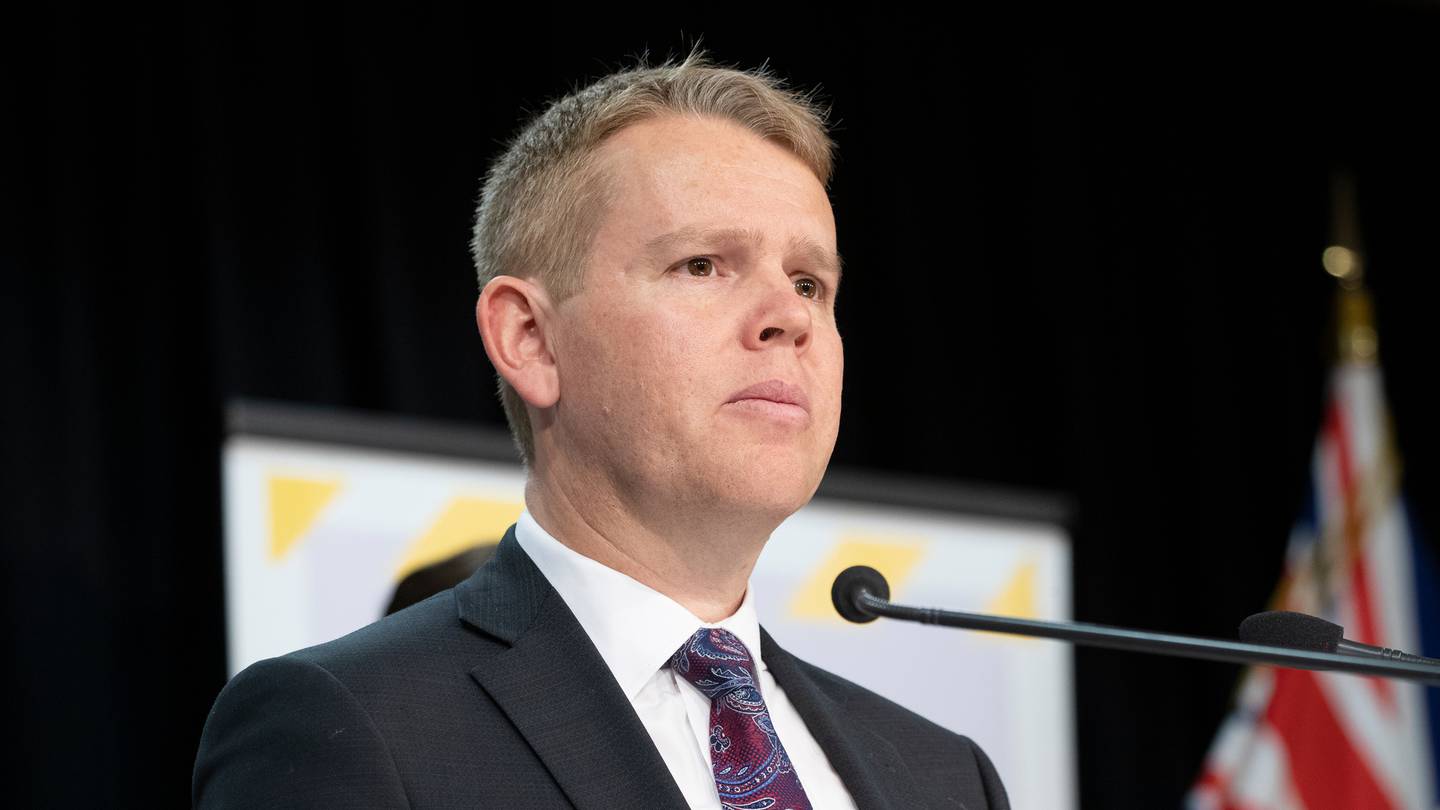
New Zealand was put in lockdown on Tuesday, August 17 after a man in Auckland tested positive for the highly infectious Delta variant and the total number of cases in the current outbreak now 51 with most in Auckland but some in Wellington. The country is in a level 4 lockdown due to last until at least 11.59pm on Tuesday this coming week.
"We still want to try to drive Covid out as much as we can. That hasn't changed," Hipkins told TVNZ's Q+A this morning.
"The reality though is that a virus that can be infectious within 24 hours of someone getting it - that changes the game considerably."
He said a six-hour wait for testing was "a reality", given how high the demand is with so many locations of interest.
But there were undisclosed testing locations where people who needed to be tested immediately could do so.
"The scale of infectiousness and the speed of the virus has put our system under strain."

There has been speculation that paying an extra $40 million to $50 million could have seen higher volumes of supply arrive in New Zealand earlier.
"That was never presented to us as an option," Hipkins said. "The only way to increase volume would have been use other vaccines in addition to Pfizer."
Even then, the purchase agreements with the other three vaccines that the Government has didn't expect arrivals of those supplies until the second half of this year. They also couldn't arrive before Medsafe approval for their use.
ICU capacity
Hipkins conceded that more Intensive Care Unit-capable beds didn't mean more ICU capacity if there wasn't enough highly specialised staff.
"You can't just magic up extra healthcare workers. We are bringing in healthcare workers across the border, but every country that's dealt with this has had to adjust their ICU settings, including lower ratios of staff where there are significant numbers of Covid patients."
Some nurses have been upskilled to take some pressure off ICU staffing levels, he said, but they were not ICU specialists.
"Hospitals have contingency plans to convert general wards into facilities to cope with Covid-19 if we get to that point."
A large outbreak would put the health system under pressure, Hipkins said. "No amount of planning will be able to completely alleviate that."
ICU doctor Craig Carr, who is the New Zealand regional chair of the Australia NZ Intensive Care Society, told The New Zealand Herald earlier this week that ICU capacity - including ICU staff - hadn't increased in the last 18 months.
"We now have more equipment compared with 18 months ago, but we actually have very few extra staff, and in some instances, we've got fewer staff," he said, adding he was speaking in a personal capacity.
"Actual resourced bed capacity on a day-to-day basis, in terms of a bed with a nurse and a ventilator and all the monitors - that has not risen, to my knowledge, in the last 18 months."
Last year New Zealand ranked near the bottom of the OECD for per-capita ICU capacity, but since then the Ministry of Health says the number of available ICU-capable ventilators has more than doubled.
In May last year, as the country was coming out of its first lockdown, a Ministry of Health paper found there were 334 ventilators and 358 ICU beds.
There are currently 284 fully staffed ICU beds across public hospitals, and the ministry says there are 629 ICU-capable ventilators, with 133 in the national reserve if required.
But capacity isn't necessarily increased without additional ICU staff, Carr said.
The Ministry of Health does not hold data on ICU nursing staff, but noted a Nursing Council survey of nurses who said they worked in "intensive care/cardiac care" as either primary or secondary work.
There has been little movement in this number of nurses, with 2524 such nurses in the year to March 2020, and 2550 nurses this year.
DHBs last year were asked to have surge capacity for 550 ICU-capable beds, but Carr said that wasn't the same as business-as-usual ICU beds.
"You get to the point of what Italy had with lots of patients on ventilators, but they weren't being looked after by an ICU nurse or doctor.
"Clearly the patient's still got a chance at life, but it's not as good as if they had an ICU and doctor to engage in their day-to-day care."
That meant a level 4 lockdown was the right response for Delta cases in the community, Carr said.










